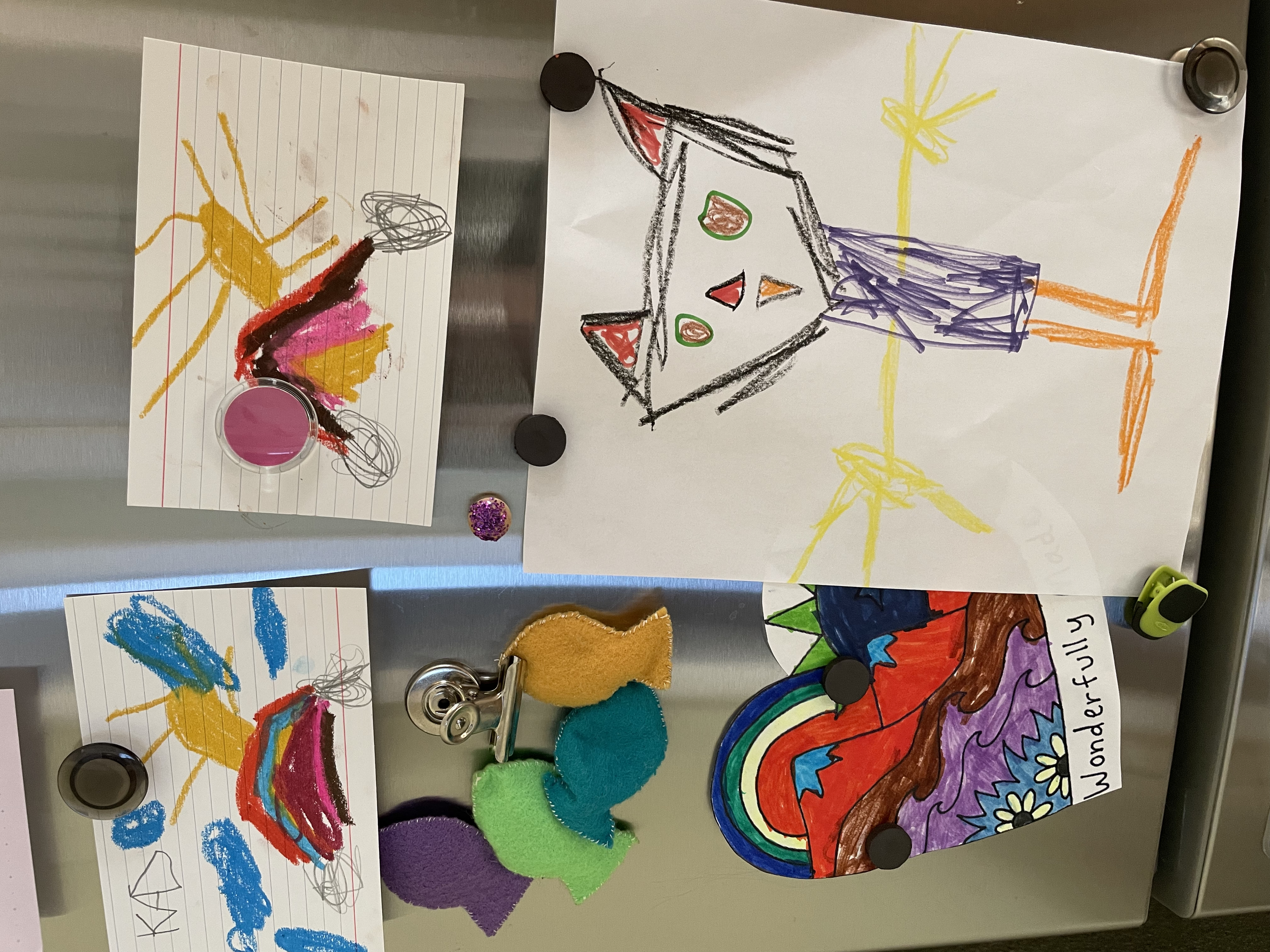Intellectual Educator Philosophy
I will assist students in better understanding the world by sharing writings and works from a variety of people and disciplines.I will continue to gather new materials and resources to inspire my own work and the work students produce to better understand the world.I will provide ample time for reflection by utilizing sketch-journals with intrapersonal and interpersonal prompts. I will continue to reflect on my life by maintaining a personal and professional journal.I will demonstrate observational skills by observing the needs and wants of students and incorporating those into the curriculum. I will observe the changing world and maintain flexibility in my own ideals and philosophy.I will offer students time to envision their ideas and share their visions with others to generate productive conversation. I will continue to envision my future as an educator and pursue my personal and professional goals I have set for myself and continue to set for myself.I will encourage students to engage and persist by using inspiring and helpful feedback. I will engage and persist to integrate my art into my professional life despite the many obstacles.I will create a safe space for students to express themselves by setting standards for students to interact with themselves and others. I will express myself honestly and respectfully to others.I will respect students’ perspectives and ideas to maintain a space where they will respect others as they stretch and explore outside of themselves. I will find new experiences and communicate with new people to stretch and explore my perspective on life, art and education.I will demonstrate the importance of developing craft by keeping their work safe and supporting them so they in turn take care of their work. I will continue to develop the craft of utilizing these objectives inside and outside of my teaching environment.
Inspired by the 8 Studio Habits of Mind found in
Studio Thinking 2: The Real Benefits of Visual Art Education

The MEANING
In the fall of 2015, Elizabeth was introduced to Studio Thinking 2 by Lois Hetland while pursuing her B.S. in Arts Education at Kutztown University. Hetland's book outlines eight core studio habits of mind: understand art worlds, reflect, observe, envision, engage and persist, express, stretch and explore, and develop craft.As Elizabeth reflected on these habits, she recognized a profound connection between the studio practices she followed as an artist and her approach to teaching. She realized that if these habits were essential to artists in the studio, they should also be an integral part of her own teaching philosophy.In that moment, the concept of the Intellectual Educator was born. This term captures the essence of a teacher who not only values but actively nurtures these habits in the classroom. For Elizabeth, teaching is a dynamic art form in itself, and the studio habits aligned perfectly with her dual identity as both an artist and educator.By embracing these principles, Elizabeth fosters an environment where creativity and critical thinking thrive—helping students develop both their artistic craft and intellectual curiosity.
“Our care of the child should be governed, not by the desire to make him learn things, but by the endeavor always to keep burning within him that light which is called intelligence.”









